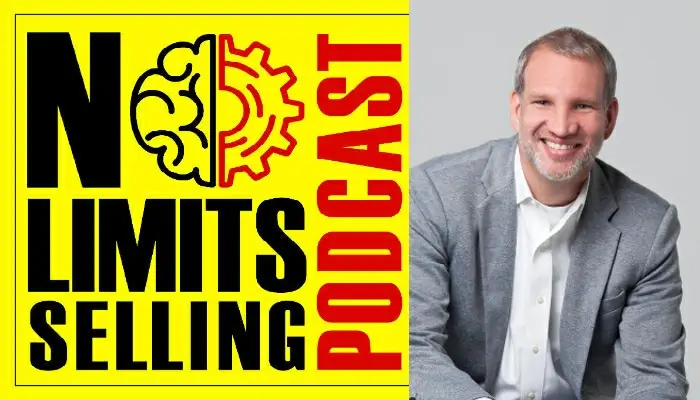
How Failure and Accountability Lead to Success
Unlocking Success: Embracing Failure and Accountability, and the Power of 'Can't' with Christopher Audette Chris Audette, founder of The Group at Remax First, has made a name for himself in the real estate industry by providing top-tier services to builders, buyers, and sellers. His team's reputation is built on the back of their brokerage, which has been recognized as the #1 Re/Max office Worldwide for closed transactions for the past two years. This achievement is a testament to their dedication and expertise in the field.
Their success doesn't stop there. They are also known for their international award-winning marketing strategies, which have proven effective in building perceived value for home sales. This is further complemented by their two popular listing websites, www.real-estate.ca, and www.new.ca. These platforms have become well-known for their user-friendly interface, helping buyers connect with potential homes with ease. However, the cornerstone of their operation is their process-driven approach. While it may not be their most publicized attribute, it is, according to Audette, the most important part of their success.

Summary
Introduction
In a recent episode of Umar Hameed's podcast, he sat down with Christopher Audette, a successful entrepreneur, to discuss the importance of failure, accountability, and the power of the word "can't". The conversation was a deep dive into the mindset of success, offering valuable insights for anyone looking to navigate the challenging world of business.
The Power of Failure and Accountability
The podcast kicked off with a candid discussion about failure and accountability. Both Hameed and Audette agreed that while failure can be a tough pill to swallow, it often serves as the greatest teacher. Audette shared his personal experience of how his lax approach to his business structure and website development led to a decline in his company's rankings. However, he viewed this setback not as a defeat but as a valuable lesson. He emphasized that such experiences, while challenging, can provide the impetus to improve and avoid complacency in the future.
Accountability and Control
The conversation then shifted to the concept of accountability. Audette stressed the importance of taking responsibility for one's actions and circumstances, rather than resorting to blame. He argued that we often co-create the situations in our lives, and by acknowledging this, we can regain control. This perspective, he suggested, can empower us to change our circumstances rather than feeling victimized by them.
The Double-Edged Sword of "Can't"
One of the most intriguing parts of the discussion revolved around the word "can't". Hameed and Audette explored how this small word can either stop someone in their tracks or serve as a springboard for achieving something amazing. Audette shared how the assertion that something "can't" be done often motivates him to prove the naysayers wrong. This mindset, he suggested, can be a powerful tool for overcoming obstacles and achieving success.
Compassion and Self-Perception
The duo also touched upon the interesting observation that people often have more compassion for others than for themselves. They discussed how this tendency can impact one's self-perception and ability to handle failure. Audette suggested that a healthier approach might be to extend the same level of understanding and forgiveness to ourselves that we offer to others.
Conclusion
The podcast concluded on a positive note, with Hameed thanking Audette for his insights and expressing anticipation for their next conversation. The discussion served as a powerful reminder of the importance of embracing failure and accountability, and harnessing the power of "can't" in the pursuit of success.
This enlightening conversation between Umar Hameed and Christopher Audette provides a wealth of insights for anyone seeking to understand the mindset of success. It serves as a testament to the power of perspective, accountability, and resilience in the face of failure.
Questions & Answers
What was the main topic of the podcast between Umar Hameed and Christopher Audette?
What personal experience did Christopher Audette share about failure?
What was Christopher Audette's perspective on accountability?
How did Christopher Audette and Umar Hameed interpret the word "can't"?
What did the podcast reveal about people's compassion towards themselves and others?
What was the conclusion of the podcast?
Don’t miss this opportunity to transform your real estate career with one-on-one coaching. As an experienced real estate coach, I, Umar Hameed, am dedicated to helping you unlock your full potential and achieve your real estate goals. To learn more about who am I and my clients ↓
If you’re ready to take the next step, book an appointment with me today and begin your journey toward success in the real estate industry.
